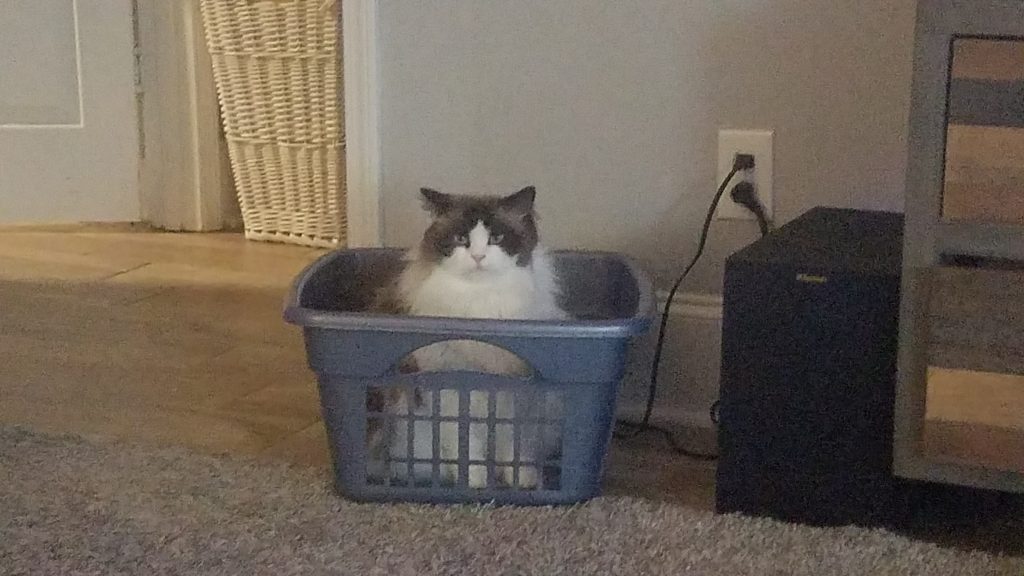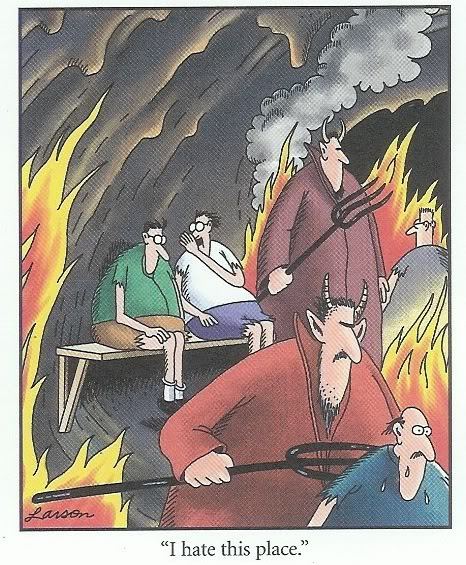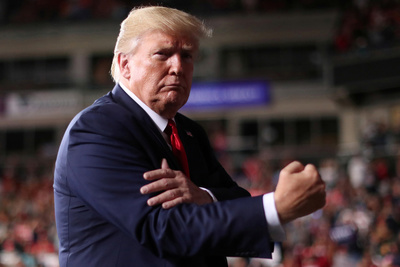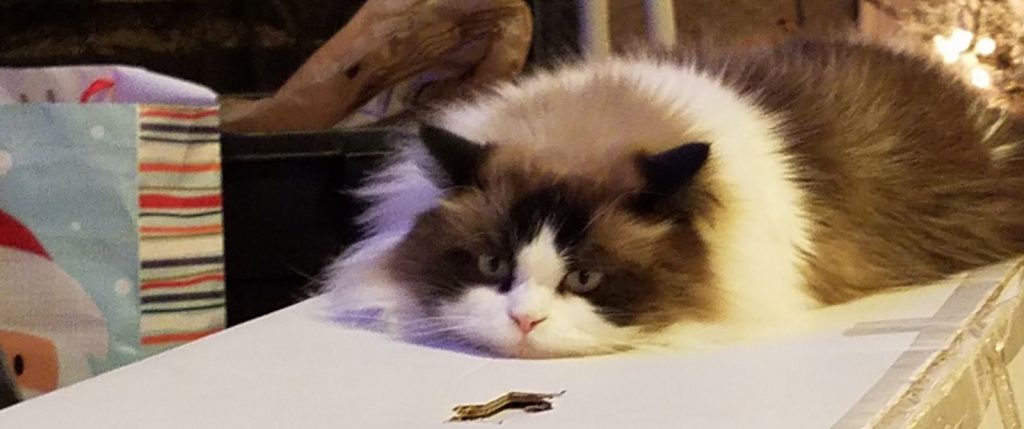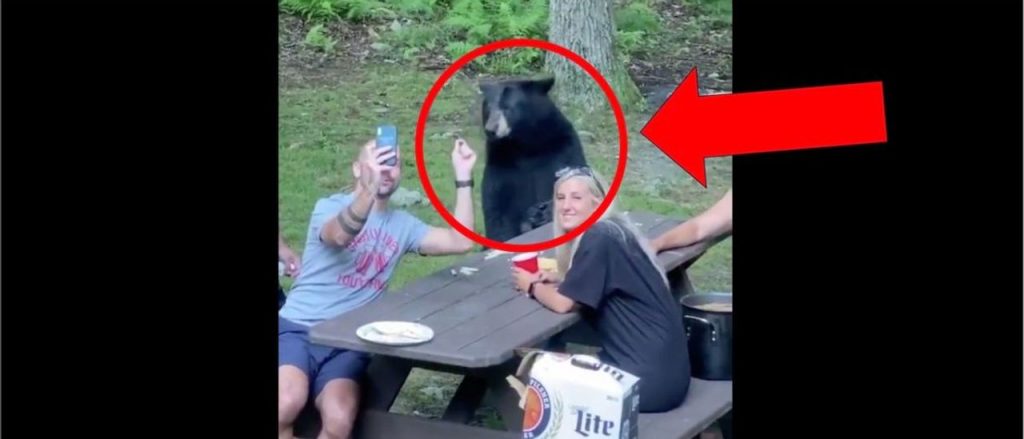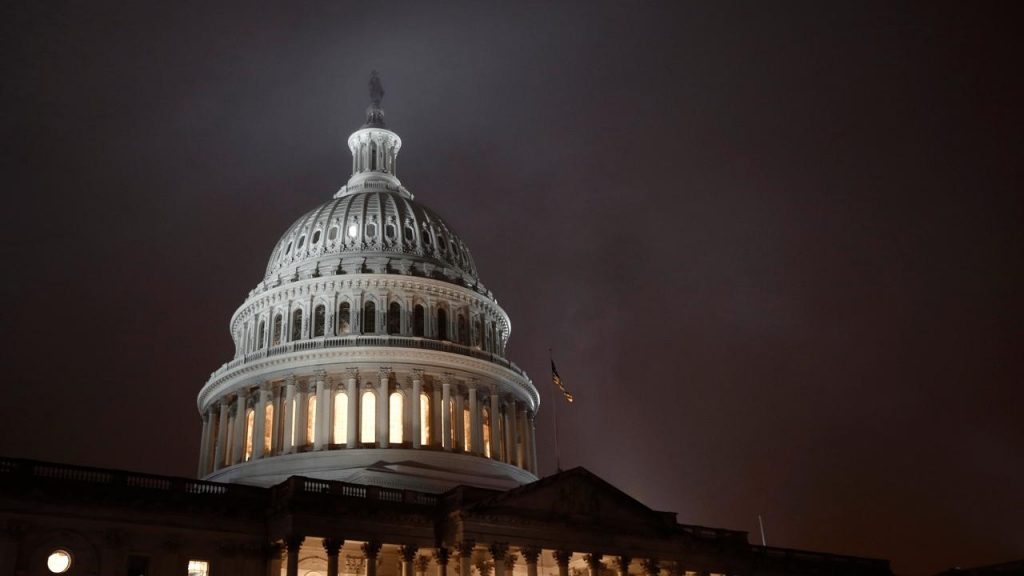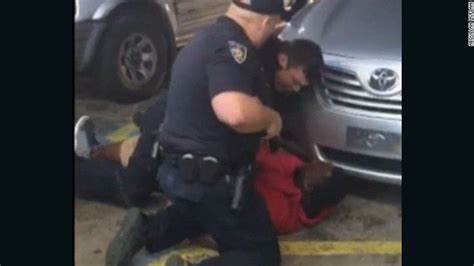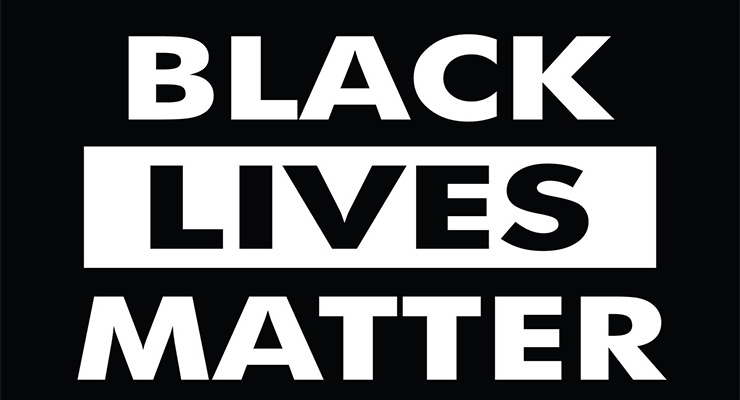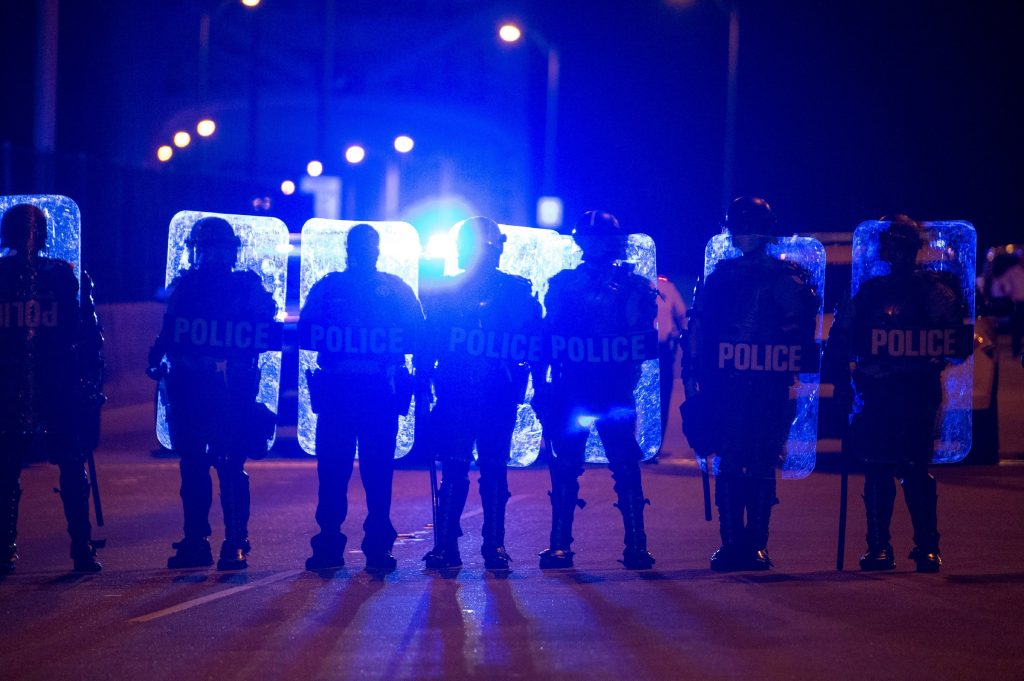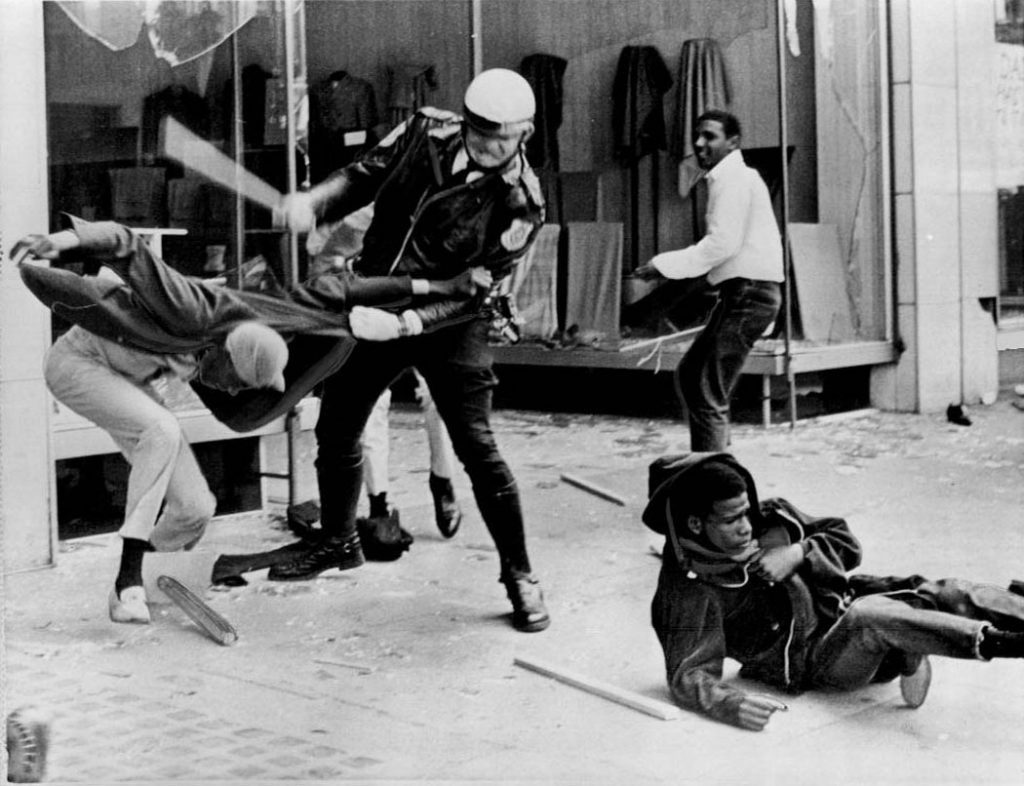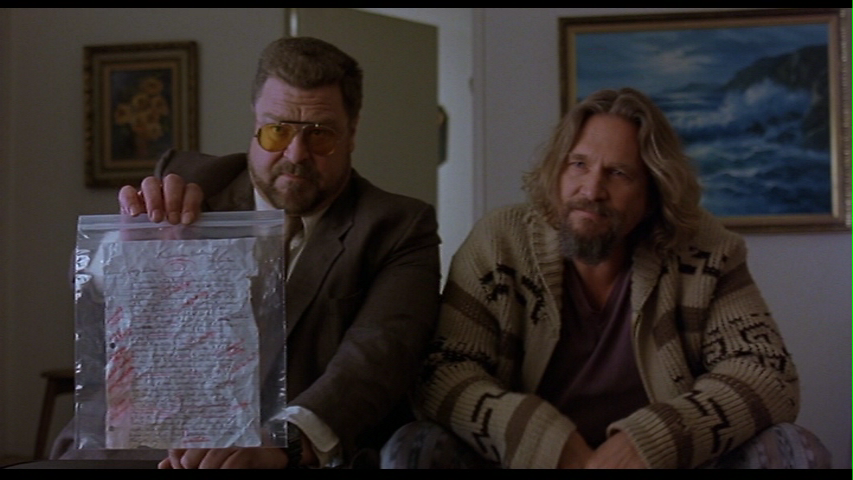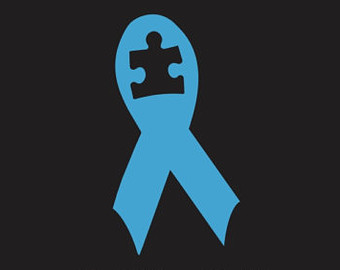 Under normal circumstances, the age an American citizen is given the right to vote is eighteen years old. However, there is a minority that feel the legal voting age should be lowered to thirteen years old. To this, I disagree. The voting age should remain the same.
Under normal circumstances, the age an American citizen is given the right to vote is eighteen years old. However, there is a minority that feel the legal voting age should be lowered to thirteen years old. To this, I disagree. The voting age should remain the same.
I say this for a few reasons. First off, when people say the voting age should be lowered to thirteen. They’re basically saying that we should not only allow politically-uneducated young adults to vote. But, also middle-school kids who probably don’t know what politics are. Due to their political unawareness, kids would then be more likely to agree with their parents. Regardless of how much or how little these kids actually know about the political issues. This would result in the problem of presidents being elected for ridiculous reasons such as how they look, how they dress, or what their favorite video game is. Do we really want a president who can do nothing besides win every Pokémon battle he got into? How about one who can go through Final Fantasy or the original Castlevania without a single death? Whether it’s one who’s excellent at video games or one who cares more about a movie than politics in general, it doesn’t matter. Anyone who doesn’t know about politics, but appeals to middle-school kids, could run for president and win. Simply because the middle-school kids said a random guy should be the President because of XY or Z. Do we really want a president like I just described leading the greatest nation in the world? I certainly wouldn’t want such a leader making the important decisions. Such as who we go to war with when we go to war; or who we become allies with.
Then there’s the problem of kids not knowing why the Presidential Candidates are popular in the first place. But where did this problem come from? The answer goes back to elementary school for me. I know, because I still remember my teacher’s example of the presidential elections. In November of 2008 Barack Obama was elected President for his first term. My school wanted us to know what the presidential elections were and who were the Presidential Candidates. Being my third grade teacher, she had no choice but to proceed with what the school wanted to be done for that day’s lesson. She gave us a small activity to do in class. The activity was simple: we were to vote for either Barack Obama or John McCain. I listened to my mom when she talked about politics, but I also formed my own opinion about the two candidates. That’s why I was the only one who voted against Obama in our activity. Because the kids in my class didn’t know anything besides what their parents said. It’s understandable that a kid in elementary school doesn’t know how to have their own opinion on something they know nothing about. In fact, I’m certain that I was an exception to that rule for the class activity. The problem lies in nobody, whether that be teacher or parent, was teaching these kids just how important it is for them to have their own opinion. One more thing in my school that lead to me being the only one with a different vote: The Bandwagon. Basically, part of the reason everyone was voting for the same person was because they wanted to have friends. This, in their mind, also meant they had to agree with their “friends” on everything. That bandwagon factor only makes it more important that a kid learns to have their own opinion, rather than just agreeing with whoever the most popular kid is in school.
Elementary school is a time when kids don’t have their own opinions, or their opinion was just the opinion of whoever they wanted to be their friend. Question is, what about high school; the stage before their opinion matters in the adult world? The normal high school situation teaches us to focus on things that don’t matter in the everyday adult environment or just a normal day in society. For instance, if I were to walk up to an average high school student and ask them what the tax rate of San Antonio was, they probably couldn’t tell me without looking it up. However, they could tell me when Constantinople fell because they’re focused on their World History class. It’s great that they’re working hard to remember what they need to know for the test in World History. This is the case with just a local question, that changes from area to area. Imagine if I had asked them who the Presidential Candidates are for the 2016 election. Could they tell me that? I don’t think so. Because school has their students focused on their academics and not enough focus on the real world. There needs to be a balance, with students realizing that the events happening in politics effects everything that they could think of doing. Let’s say a high school graduate wants to go to college. That high school graduate needs money for college. So, they get a student loan so they can pay for everything. The US government controls the interest rate for all loans including student loans. Wait, that student doesn’t want to pay off student loans? Then they’ll have to join the military. Aw, but the government strikes again, as they just cut the amount of troops in the Army by 40,000 between 2015 and 2017. We can only hope that the government will stop making poor decisions and stop acting like they’re complete idiots. There’s a way to stop our government officials from being stupid. And that’s to vote for a president who knows what they’re doing, knows what they’re saying, and, most importantly, knows how important the job they’re running for is. Not just for them, but the fate of America as a standing nation. But right now teachers may as well be teaching their students to use the Pythagorean Theorem to vote for the president.
Elementary school teachers will teach students the bare minimum of politics; that being we have a president and we, as citizens of America must vote for who this president is. Middle schools will only add on to what elementary schools teach (try but fail to expand on the voting system). And high schools will teach almost nothing about how the government works and just how important it is to actively vote for a president in an intelligent way. If no one will teach students how to make a logical voting decision, then how can they do so at eighteen years old? And if they don’t know much about voting at eighteen, then how can we expect them to know anything at thirteen?
